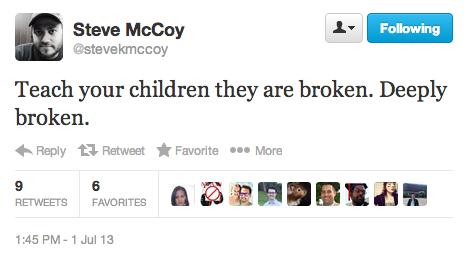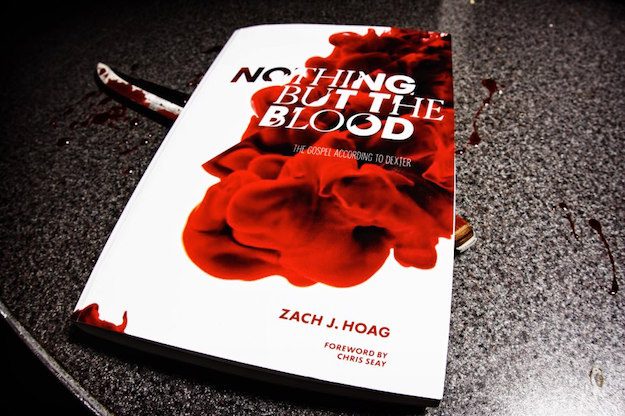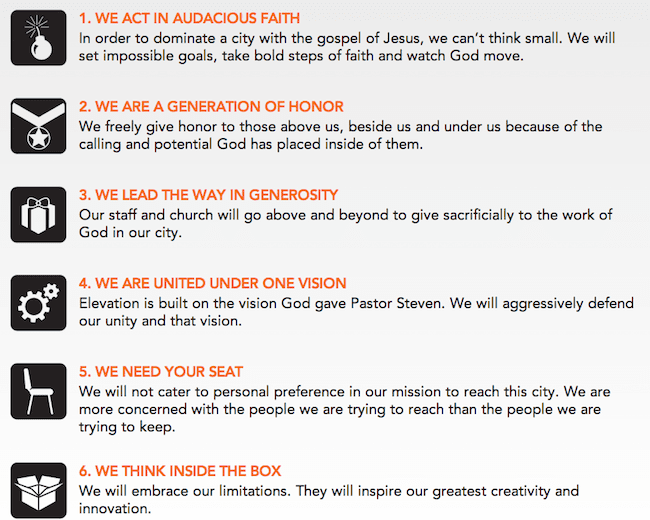Pastor Steve McCoy recently tweeted this and ignited something of a firestorm on the internets:
And honestly, I understand the backlash. Especially from a therapeutic perspective, it just sounds wrong. The emphasis – deeply – almost immediately triggers images of fundamentalist spiritual and emotional abuse of kids, abuse that is very real, abuse that I experienced as a child, abuse that I have witnessed firsthand in several church environments.
But here’s the thing. I’ve used the word ‘brokenness’ to describe the theological idea of humanity’s sinfulness. Like, a lot. Honestly, I wrote a book that relied heavily on the brokenness metaphor when describing the serial killer Dexter, highlighting his ‘dark passenger’ as an extreme example of our sinful shadow self. There is a scene in that show where Dexter’s sister Deb falls apart and, in tears, exclaims, “I’m what’s wrong! I am broken!” It is a powerful revelation of the truth of her situation, and it is a truth revealed in our own lives whenever we encounter devastating failure or contradiction within ourselves.
The sticky wicket, though, is in the application. It is one thing to affirm the general theological truth that human beings are broken people, flawed people, failing people, fragmented people, often-running-away-from-wholeness people. That we can be damned destructive sometimes, and that this is what’s wrong with the world. It’s one thing to affirm that theological reality of fallenness and then follow it up with the far more alarming truth: that smack dab in the midst of our brokenness, we, all of us, are the very beloved of God. That the good news is the end of shame, and Jesus says we are enough.
That’s one thing.
But it’s quite another to change that theological conversation into a specifically adapted message to children, complete with a pointed emphasis that seems to almost push against belovedness itself. Specifically teaching children that they are deeply broken is an exercise in shame precisely because their brokenness is not yet their own. No matter what your doctrine of original sin might be, the beauty, the miracle, of childhood is that they have not become so wounded, nor tempted, as to have properly entered the human condition of “brokenness.” This is why Jesus was so clear: become like a child, then you can enter the kingdom. Return to the place before brokenness – the place where God was near and we were truly alive and breathed in our belovedness. The place before what has always been true became clouded by the tree of knowledge.
So, Steve, my suggestion is this. It would be better to teach our kids to just be the beloved, because that is precisely who they know they are better than we know it ourselves.
And, perhaps we, as dads, ought to remember the lesson that we are the ones who are broken – and the more we can accept our own belovedness in the midst of that brokenness, the less brokenness we will actually pass on to our children.












